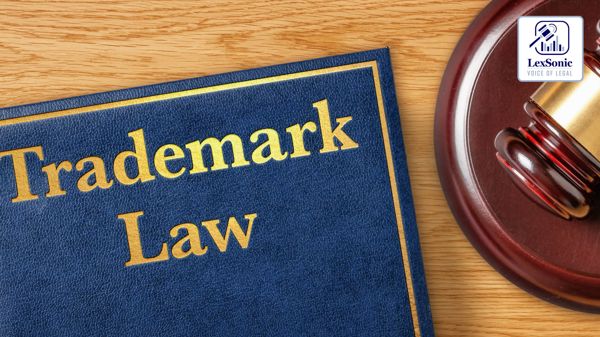Trademark Protection: Court Grants Amendment to Plaintiff's Pleadings in Landmark Case.
05 July 2024
Trademark Laws in India >> Intellectual Property Rights
The plaintiff's case revolves around allegations of trademark infringement, copyright violations, passing off, and engaging in unfair trade practices. The learned Senior Counsel representing the plaintiff articulated that the defendants have been utilizing the mark "Gold Impact," which closely resembles the plaintiff's established trademark, leading to consumer confusion and unfair competition.

During a recent local commission executed in Indore, the local commissioner identified and seized several products infringing on the plaintiff’s rights. These included rolls of filter paper marked "FOREVER GOLD" and "GOLD FOREVER," along with cartons containing thousands of cigarettes branded as "FOREVER GOLD." The plaintiff contended that they only became aware of these infringing products during this investigation, which was conducted under the court’s directive. The amendment sought is intended to incorporate these findings into the existing suit, allowing the plaintiff to argue that the new products also infringe on their trademark rights. The Senior Counsel emphasized that these amendments are crucial as they directly relate to the ongoing case and do not alter its fundamental nature.
The court observed that despite proper service, the defendants had not appeared or filed a written statement, thus ruling that allowing the amendment would not cause any prejudice to the defendants. The suit is still at an early stage, with the defendants yet to respond formally.
The interim order previously issued in favor of the plaintiff remains extended until the next hearing, reinforcing the court’s commitment to safeguarding the plaintiff’s rights during the ongoing litigation. This ruling not only facilitates the plaintiff's case but also serves as a reminder of the courts' willingness to adapt legal processes to ensure that intellectual property rights are upheld, ultimately fostering fair competition in the marketplace. The next hearings are scheduled for October 4, 2024, and August 22, 2024, for marking of exhibits.
